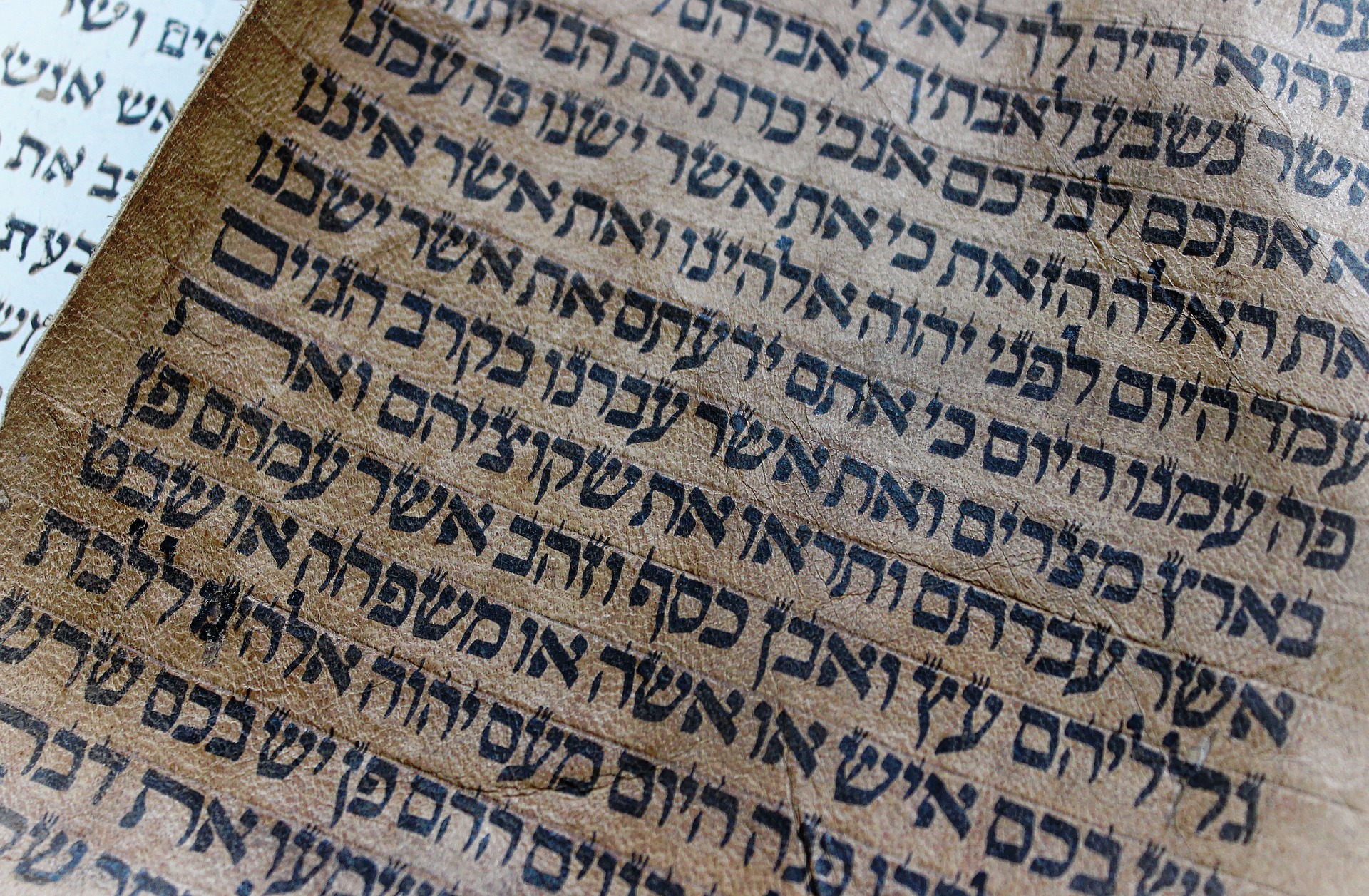
15 Courses

THX 1014 Introduction to Theology (Journey 2024)
This course will equip you with a working knowledge of the development, values, and organization of The Wesleyan Church as well as its position in the overall course of church history.. Our denomination’s roots grow deep in the soil of orthodox, Protestant, evangelical, holiness traditions. Out of that rich heritage, you will discover models, mentors, methods and messages that relate directly to an effective ministry in contemporary society.

PMX 3014 Introduction to Homiletics Equip (May 2024)
This course provides a combination of theory and practice in the preparation and delivery of sermons. Special attention will be given to developing a theology of preaching, in addition to understanding biblical interpretation for preaching. Analysis of sample sermons will equip students to grow as preachers and learn how to analyze preaching. Students will be given the opportunity to preach and provide feedback to other students’ sermons. While this class functions as a “how to preaching” it also deeply explores what preaching is in order for faithful and fitting preaching to occur. This course is designed to explore the purpose, mechanics, and methodology of the art of preaching.

NTX 2084 1 Corinthians Equip (May 2024)
The Corinthians were endeavoring to take “short-cuts” through many critical issues present in the church at Corinth. Paul shows us a better path through the conflict. This Pauline Epistle addresses how Paul handled various topics and issues in the first century church at Corinth: how our sexuality should be expressed; who should be subjected to church discipline (if anyone); whether or not a Christ-follower should take legal action, especially against another Christ-follower; what the purpose of marriage is and what defines marriage; whether or not divorce is acceptable and if so, under what conditions; whether or not transgendered people can lead in a public worship service; how spiritual gifts should work; what priority the earliest Christian creed should have in our theology and practice; and what a church worship service should look like. These are Paul’s larger topics in 1 Corinthians.

THX 4014 Doctrine of Holiness Equip (May 2024)
This course examines the Doctrine of Holiness within its biblical, historical, theological, and pastoral dimensions. The course explores John Wesley’s concept of “Christian perfecting” and the importance of this doctrine for the Methodist/Holiness movements from which the Wesleyan Church emerged. The course also explores the personal, vocational, and congregational implications of the doctrine in contemporary settings.

BTX 2034 Bible Study Methods Equip (May 2024)
This course will teach you the joy of getting into the Bible for yourself. Effective Bible study requires a method. Bible Study Methods will give the student an opportunity to learn how to approach the study of the Bible - not just for information - but with two ultimate goals. Goal #1: to fall in love with the Author of the Bible. Goal #2: to experience positive life-change, both in your life personally and in the lives of those you teach or lead.

SOX 2014 Sociology Equip (May 2024)
This course introduces the basic principles and issues in the field of sociology – the study of human interaction and the development of social theory. It will help students see the need for critical thinking about our social world, gain familiarity with basic sociological concepts, engage in social change, plan for the future, and clarify their own values so they can appreciate how the Christian faith is transmitted through human interaction.

PHX 2014 Philosophy & Ethics Equip (May 2024)
This course will introduce students to major thinkers and trends in Western philosophy. The bulk of the course will explore the relationship between the Platonic tradition (Plato, Aristotle, the Stoics and Neoplatonists) and Christian theology. Some attention will be given to developments in modern and contemporary philosophy.


HIX 4014 Wesleyan History & Discipline (Equip 2024)
This course will examine persons and events that shaped the origins and development of The
Wesleyan Church, plus help the student develop a working knowledge of The Discipline of The
Wesleyan Church as a tool for church administration.

BTX 2034 Inductive Bible Study (Journey 2024)
This course is an introduction to hermeneutics, the art of biblical interpretation, through the study of the principles of induction, the development of skills, and the use of various reference tools which are applied to specific books of the Bible.

CEX 2023 Spiritual Formation Parkway 2024
This course is designed for the personal and spiritual growth of the minister. It explores the biblical and historical foundations of the spiritual life, as well as methodologies and resources for developing Christian spirituality in the lives of others in cooperation with the work of the Holy Spirit. This course will enhance the student's ability to see the relationship between spirituality and ministry, discover principles for the enrichment of their own spirituality, and help Christian disciples grow in their relationship with Christ.

BTX 2023 Inductive Bible Study New Heart 2024
An introduction to hermeneutics (the art of biblical interpretation) through the study of the principles of induction, the development of inductive skills, and the use of various reference tools which are applied to specific books of the Bible.

OTX 1013 Old Testament Introduction HPC 2024
This course is an overview of the Old Testament that aims to familiarize students with the over-arching story of the Bible as seen through the Old Testament. This course will give attention to the Torah (first five books of the OT), the history of the nation of Israel until the time of the second Temple, the major and minor prophets, and poetry and wisdom literature. Challenges relating to its proper understanding and application will be explored.

BTX 2033 Inductive Bible Study HPC 2023
An introduction to hermeneutics (the art of biblical interpretation) through the study of the principles of induction, the development of inductive skills, and the use of various reference tools which are applied to specific books of the Bible.

PMX 3013 Introduction to Homiletics KCC 2023
This course provides a combination of theory and practice in the preparation and delivery of sermons. Analysis of sample sermons will occur with suggestions for finding and filing sermon resource material.